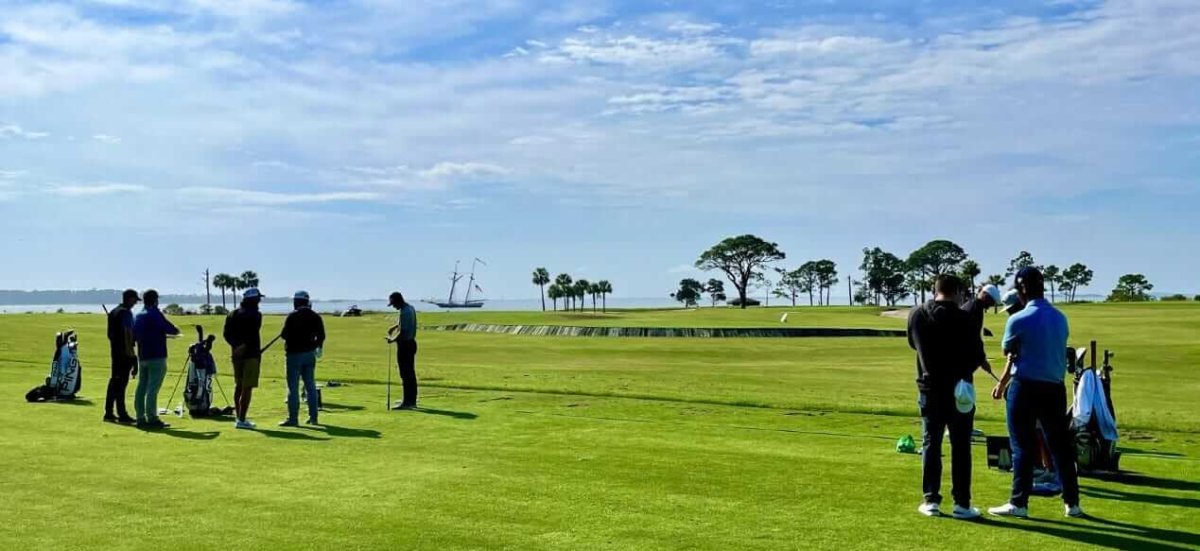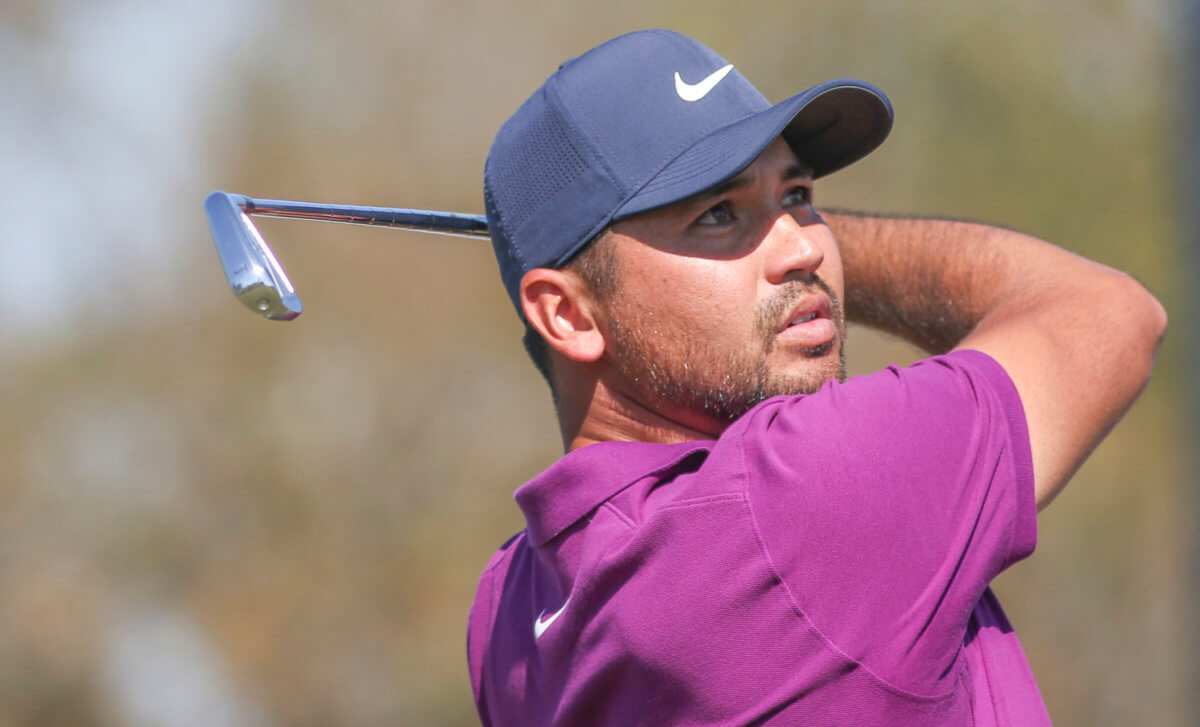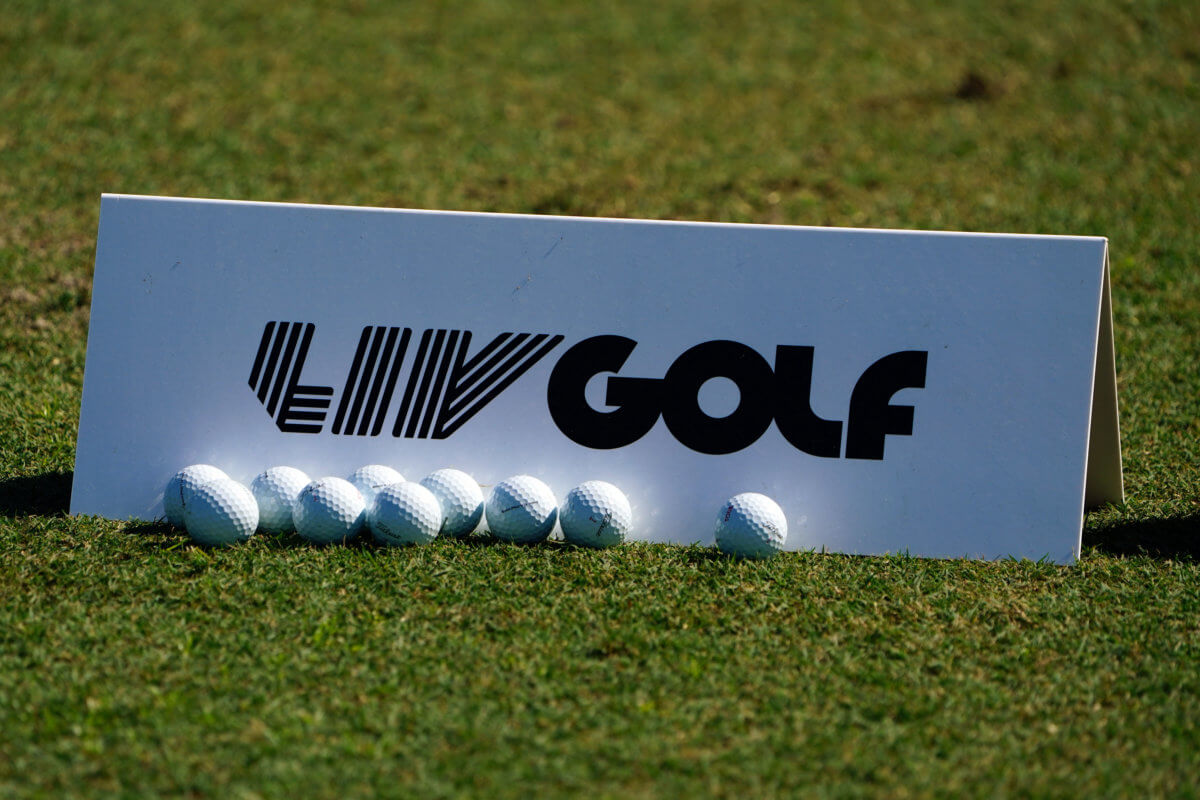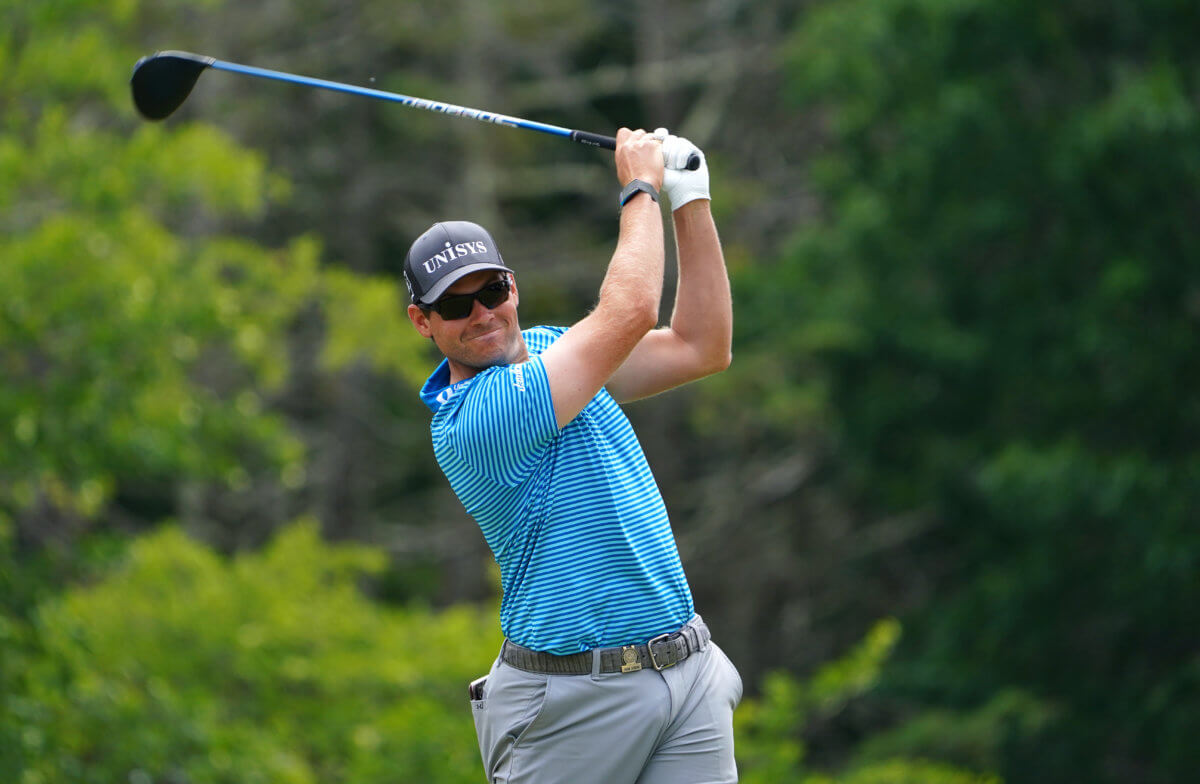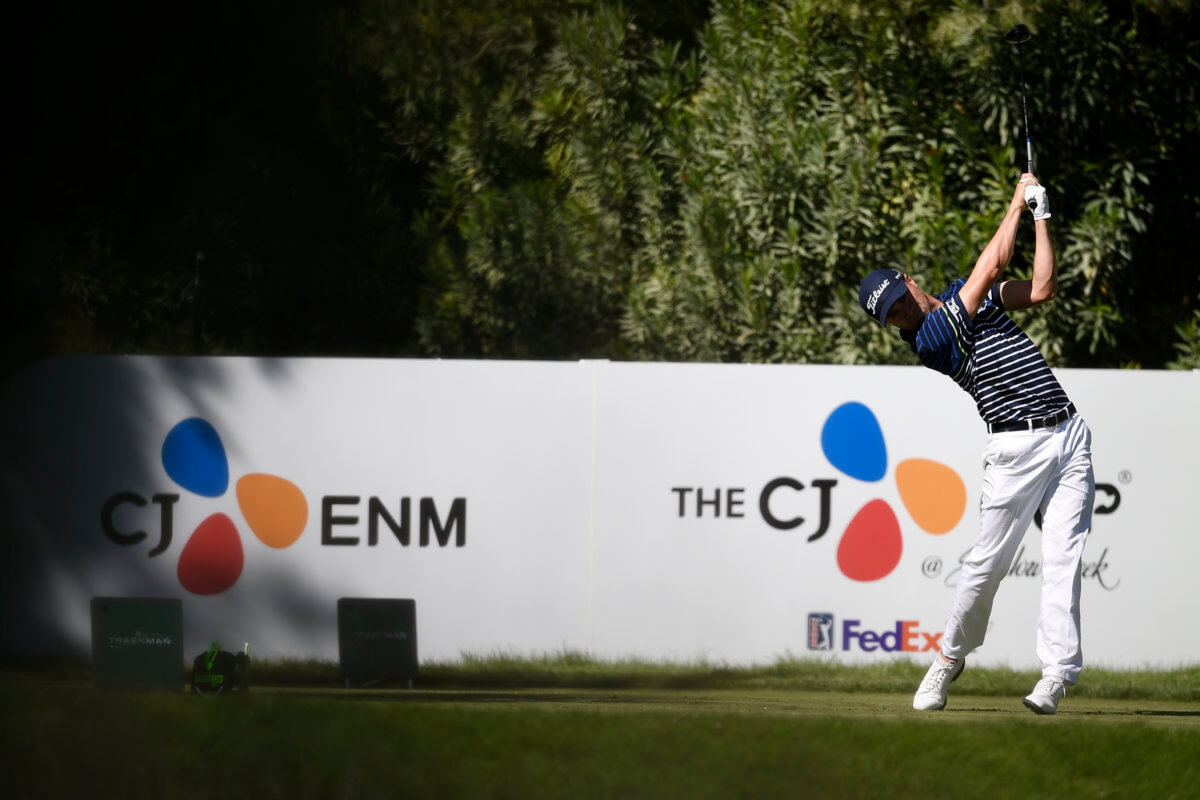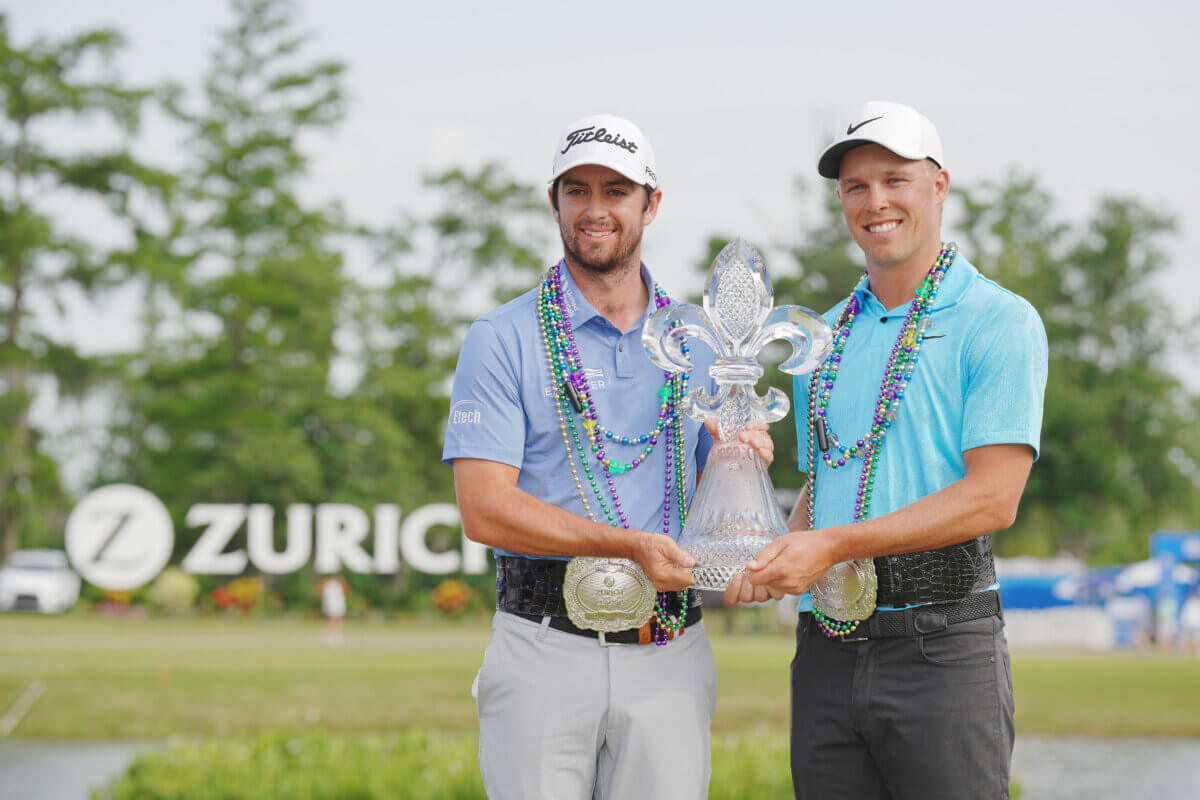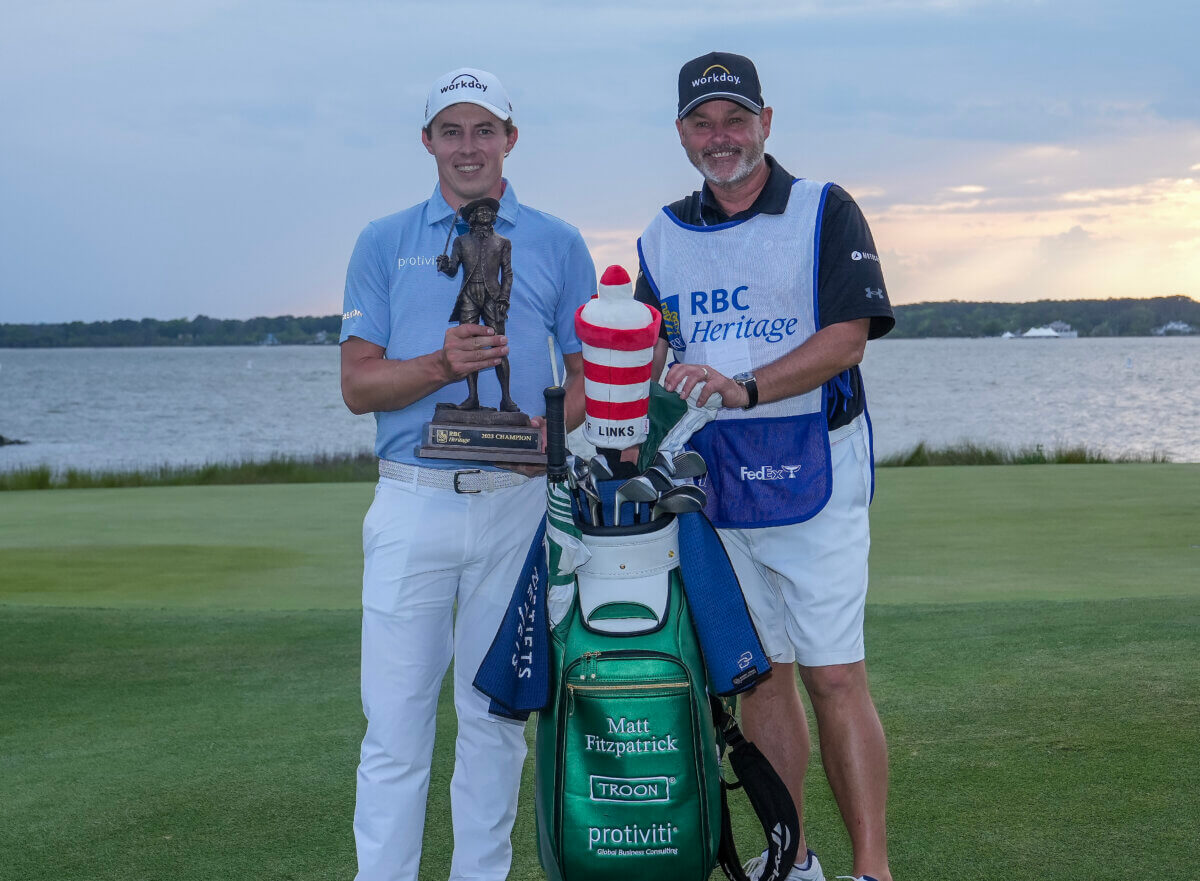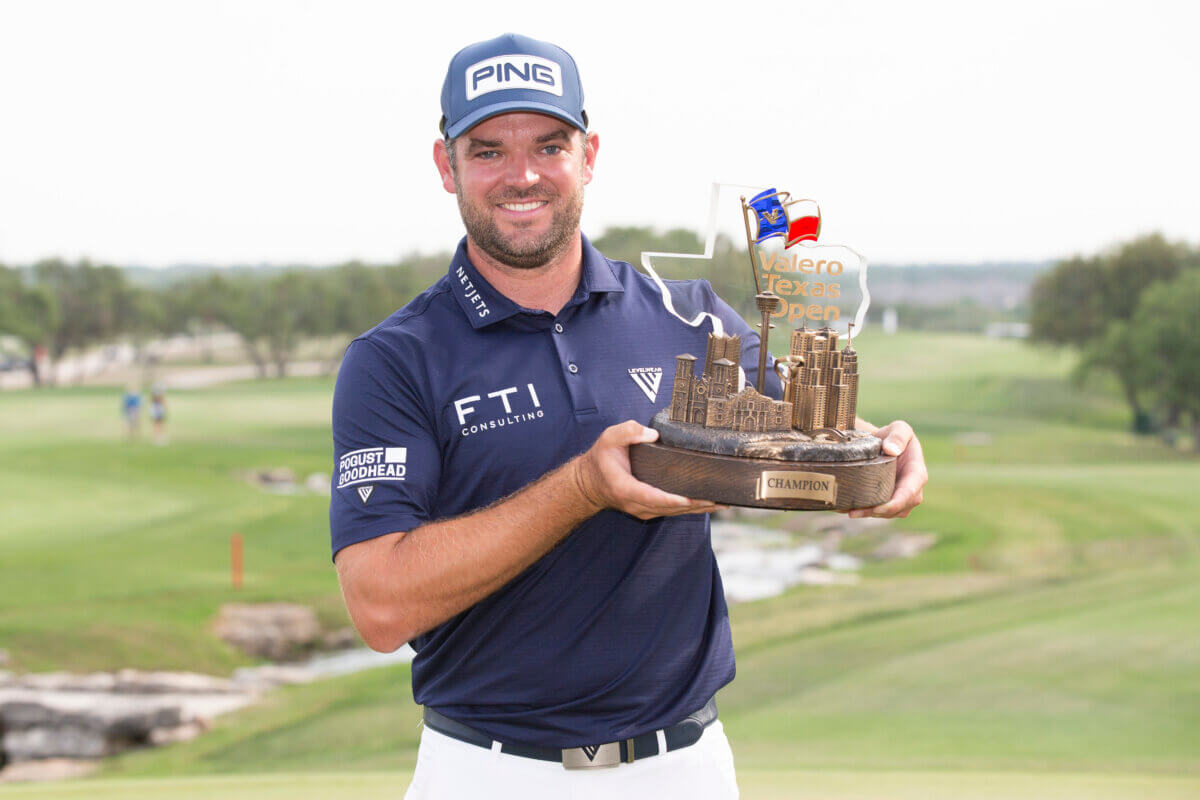WGC-Dell Technologies Match Play 2021: Fantasy picks, power rankings and analysis
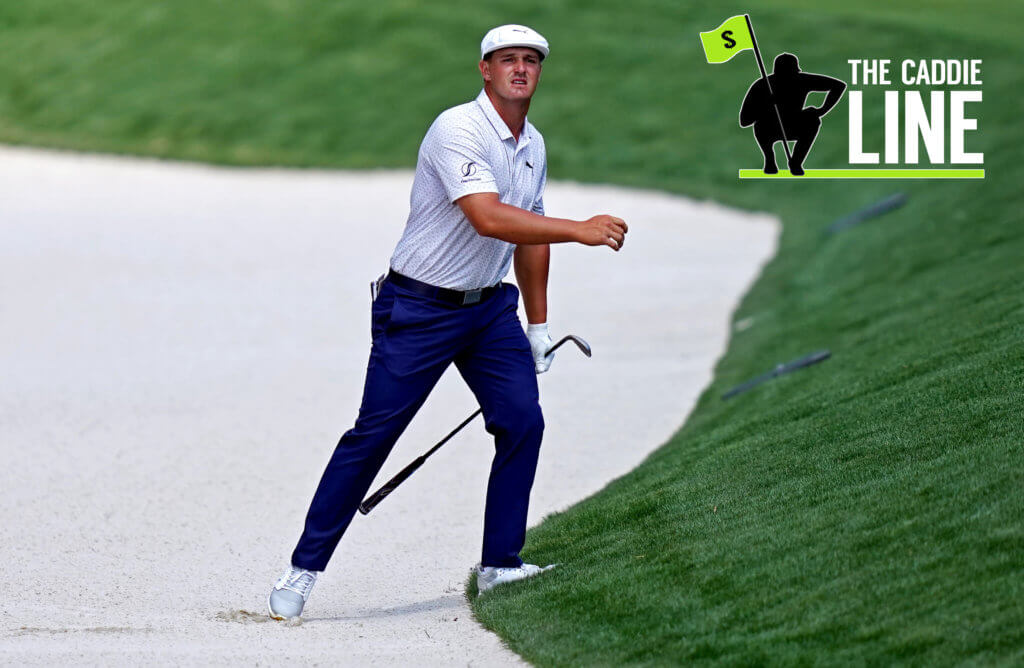
It’s bracket time. The PGA Tour wants to play along.
Hopefully this one holds up longer and better than the last.
An outstanding 64-man field has assembled at Austin Country Club to compete in the WGC-Match Play, a fun diversion before all eyes point toward Augusta.
First of all, there are no upsets this week. Not in an 18-hole golf match between two elite pros. There’s a reason stroke-play tournaments are contested over 72 holes. A pro can shoot 6 under and lose or 1 under and win. The Austin CC is a Pete Dye course that on the surface favors precision over power. Kevin Kisner prevailed with accuracy and putting in 2019. But bombers atop the game (Bubba Watson, Dustin Johnson, Jason Day and Rory McIlroy) won the previous four.
RELATED: Course previews for Corales Championship & WGC-Match Play | Caddie Line homepage
In 2015, to give the best players the optimal chance to reach the round of 16, the format shifted to pool play. The players are placed in groups of four and will play one match against each player. Whoever has the best record after those three matches advances. Ties are broken via a sudden-death playoff. From that point onward, it’s single elimination, 18 holes at a time.
Justin Ray, one of the best statisticians around, dropped two tasty nuggets earlier this week. Since the switch to pool play, the top-2 overall seeds have a 35-10-1 match record and have won three titles. Also, only 35 percent of the top-seeded players have advanced out of their respective groups into the round of 16. On seven occasions, a player seeded 50th or worse has advanced to the quarterfinals if not beyond.
Expect the unexpected.
So what does it all mean?
Well, it’s not the easiest event to forecast. Here are a couple of tips: Work from the finals backward. Look at the bracket and try to identify the four or six players you think have the best combination of path through to the finals and current form. Also, it’s imperative, if you’re playing a typical six-man fantasy lineup to make sure you have at least one player from each quadrant selected to maximize scoring opportunities.
These groups make up the four quadrants 1-8-9-16; 4-5-12-13; 2-7-10-15; 3-6-11-14.
We’re all in this together, trying to select the best fantasy roster possible each week and, hopefully, pick up a little cash. Along those lines, we enlisted the aid of the excellent handicapper @StrokesGainedCapping who was kind enough to share his model, which measured each player’s recent putting, strokes gained, head-to-head results against the players in his group and overall match-play record as a professional. We leaned on the data while also understanding the nutty variance of the format. Fortunately, it’s not necessary to accurately predict every group. Work backward and hope for the best.
As always, good luck.
Group power rankings
Group 1
Dustin Johnson – The 2017 Match Play champion and current No. 1 in the world has cooled of late. But he’s been practicing at home and trying to regain form leading up to the Masters. He should breeze through to the Sweet 16.
Group 2
Justin Thomas – This is a juicy group. Louis Oosthuizen has a 23-14-3 record for the seventh-best winning percentage in the field. He’s reached the round of 16 twice. The defending champion Kevin Kisner is one of the game’s best at match play (14-5-1) and elite on the greens. Thomas is wired for match play and if his ballstriking resembles what we saw at TPC Sawgrass, he’ll prevail by a narrow margin. He’s first in birdies or better gained over the last 50 rounds and 61st in double bogeys avoided. But those doubles only cost one hole in this format.
Group 3
Jon Rahm – We’re staying with the chalk early although Brian Harman, fresh off a top 5 at the Players, is also a gutsy match-play competitor. I was uncertain about Rahm’s iron game entering the Players but he answered those questions, gaining 4.7 strokes on approach in a ninth-place finish.
Group 4
Billy Horschel – This is where we start to shake up the bracket. While it’s always difficult to fade Collin Morikawa, and his putting on Bermuda en route to victory at Concession was impressive, Horschel is a fiery competitor with a solid match-play record (5-5-1) and decent recent form, recording a top 10 at the WGC-Workday.
Group 5
Bryson DeChambeau – This should be a rout. Tommy Fleetwood is solid in match play (9-8-1) but his top 10 at Bay Hill was his first stateside in more than a year. DeChambeau is the hottest golfer in the field with a win at Bay Hill and T-3 at the Players. Also won a U.S. Amateur at match play. Not surprisingly, DeChambeau ranks near the top of the field in birdie opportunities created and 58th in double-bogey avoidance. Again, those won’t hurt as much here.
Group 6
Scottie Scheffler – This could be my favorite group. You have the University of Texas legend Scheffler, but his putting stats are troubling for match play (45th in the field over the last 50 rounds). The always steady Xander Schauffele and his all-around prowess coming off a rare missed cut at TPC Sawgrass. The 2016 WGC-Match Play champion Jason Day, who keeps flashing flickers of form, but has struggled to put four good rounds together due to poor putting – third from last in birdies or better. Scheffler’s iron play, short game and familiarity gives him a slight edge.
Group 7
Patrick Reed – No offense to the ballstriking mastery of Joaquin Niemann or the creativity of past champion Bubba Watson, but Reed is the clear choice to emerge from this group. He’s 16-10-3 in match play in his pro career, thrived in the format in the NCAA Championships in college and top 10 in the field in birdies gained.
Group 8
Sergio Garcia – The European bracket of this week’s proceedings features match-play stalwart Tyrrell Hatton (9-6-1) and the surely out-of-gas Lee Westwood (35-35-2). The nod here goes to Garcia, however, an Austin resident who has thrived in the format through his career. It’s doubtful anyone will concede any of his short putts. He’ll wear down the competition with laser beam iron shots (8.7 shots gained on approach at the Players).
Group 9
Mackenzie Hughes – Nothing is more frustrating in match play than facing a deadly putter. Not many roll their ball better than Hughes, who has gained at least one shot on the greens in eight of the last 10 starts. I like him in spite of recent subpar ballstriking. Webb Simpson (10-12-4) hasn’t flourished in this format. Paul Casey is always dangerous and I’d rank him second in this bracket. Hughes is a scrapper and he finished third last summer at TPC River Highlands and should find this layout similar.
Group 10
Brian Harman – He’s the lowest-seeded (54) player in the group but it didn’t faze him in his only other WGC-Match Play appearance when he advanced to the Round of 16. Always sharp around and on the greens, he’s going to find the fairways and often be the first to play into the green. That’s an edge in match play. Don’t trust Matusyama’s putter and Cantlay, while always dangerous, will finish second in this bracket.
Group 11
Cam Smith – This may be the most difficult call on the board. Nobody would be surprised if Rory McIlroy, the favorite, wins this group. He’s third in the field in birdies gained and has suffered from too many bad holes (51st in double-bogey avoidance). He’s won here before. The metrics favor him. That being said, I’m riding with Smith. A hot putter has produced three consecutive top 20s and he’s able to overcome mediocre to poor driving.
Group 12
Jason Kokrak – He’s seventh in the field in SG: Putting over the last 50 rounds and enters the week on a streak of three consecutive top-10 finishes. The favorite, Tony Finau, failed to advance out of his group in 2018 and 2019. Will Zalatoris is interesting here but he’s one of the worst putters in the field. Kokrak is a potential Masters sleeper and starts making his case this week.
Group 13
Viktor Hovland – Another U.S. Amateur champion in the field, he’s making his WGC-Match Play debut. He mentioned his desire to compete in this format in a recent press conference. That’s not necessarily the case with every player. His (improved) short game and putting will hold up under the heat of match play. He’s seventh in the field in birdies gained.
Group 14
Harris English – The walking wounded group. Daniel Berger withdrew last week due to a rib injury. English pulled out of the Players for an undisclosed injury. Brendon Todd’s game is not where it was in 2020. Those factors could open the door for Erik van Rooyen but we’re going with English because he ranked highest on the model. Making first match-play appearance since 2015.
Group 15
Jordan Spieth – I have a feeling Spieth will go deep in the bracket this week. His game is definitely improving (three top 5s in last five starts). And what better format than match play where he can swing freely and play aggressively with less fear of a big number. He’s been better than the field in average in good drives and greens in regulation in his last five tournaments. Capable of making the backbreaking bombs that demoralize an opponent.
Group 16
Sungjae Im – Nobody on Tour is putting better. In the last seven tournaments, he’s gained between 2.8 and 7.2 strokes on the greens in each one. Despite uncharacteristic mediocre iron play, he’s landed in the top 32 during all seven starts. He’s unflappable, an asset in the grind of match play and performed well at the Presidents Cup in 2019.

